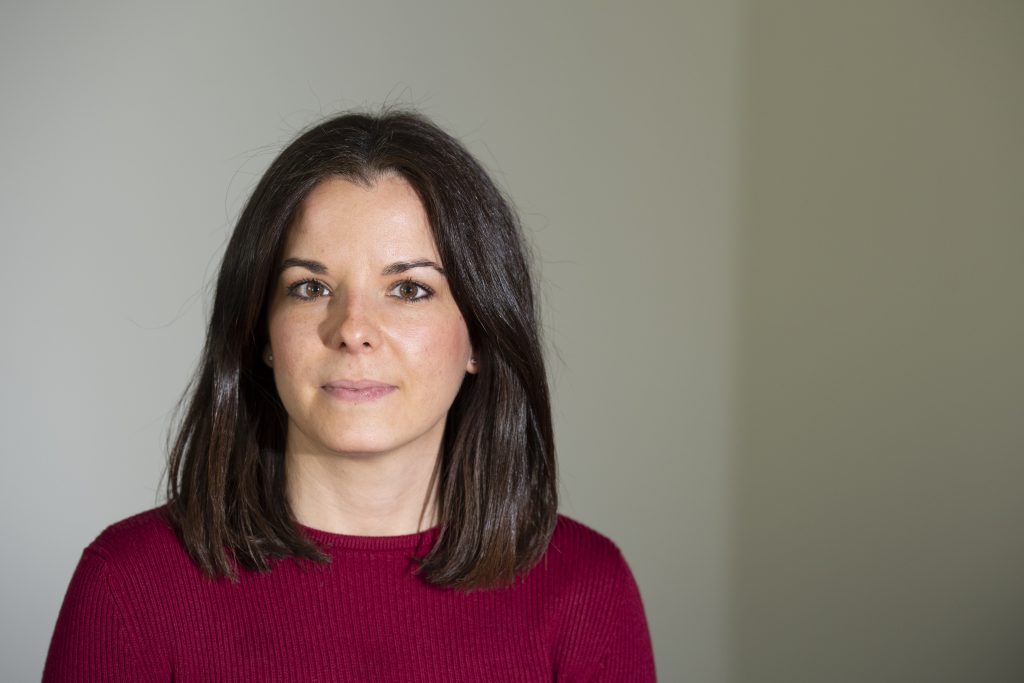The English Hub for Refugees project helps unaccompanied refugees and asylum seekers aged 16 to 18 to integrate into their new communities and access mainstream education by working with them to improve their English language and computer literacy skills.
The project was initiated by Lecturer in Applied Linguistics Dr Gloria Chamorro in 2016, and involves University students interested in gaining teaching and volunteering experience. The Hub has recently been awarded a grant by the Amity Fund (in association with Kent Community Foundation) and not only offers free weekly English classes for the young refugees taught by University students, but it also develops language learning materials tailored to this specific group of learners.
The young refugees come from countries, including Afghanistan, Iraq, Eritrea, Syria and Sudan, where access to education can be limited because of conflict or because of the community they come from. For many of these young people gaining an education can feel out of reach, but the English Hub for Refugees project is starting to change that. Jessica Maddocks, KRAN Communications and Development Manager explains: “The students absolutely love coming here [to Kent]. Most of them have never been to a university before, never considered that they would visit a university, so I think it’s really helped to raise their educational aspirations and made them think about what is possible.”
The project has been running for more than two years, helping more than 80 young refugees. As well as the practical skills they gain, the project also gives these young people the chance to gain a greater insight into the culture of their new home, as one Afghan student put it: “I loved working with the teachers at Kent University because they are so friendly and happy and helpful. It was good to have female teachers because we don’t have this in my country. The computer programme really helped me with my reading and writing. I am doing well at college because I had this extra support. Thank you for helping us!”
For Kent students, the project is a fantastic opportunity to develop teaching skills as well as a chance to work closely with people, not much younger than themselves, whose life experiences are vastly different. To date, more than 40 undergraduate and postgraduate students have been involved in teaching the young refugees. Linguistics PhD student Luke Allder found the experience to be a hugely positive one: “Teaching on this project is a great opportunity to offer skills and knowledge to those who will really benefit and to make a real difference to a person’s language ability and their personal experience in the UK. A friendly, supportive and sensitive environment has made working with this group a really enjoyable and rewarding experience both for the refugees and the teachers.”
For Gloria, the experience has been extremely positive and rewarding: “It’s so humbling to see the young refugees come every week so motivated and willing to learn. Many of them are not even from Canterbury, but come from Margate, Sittingbourne or Folkestone, so the fact that they are willing to travel one or two hours by bus to attend the classes reveals how much they need and want this support. They also love interacting with UK students close to their age, which they rarely have the opportunity to do, and they form very close bonds. This is an aspect of the project that both the refugees and the University students really value.”

